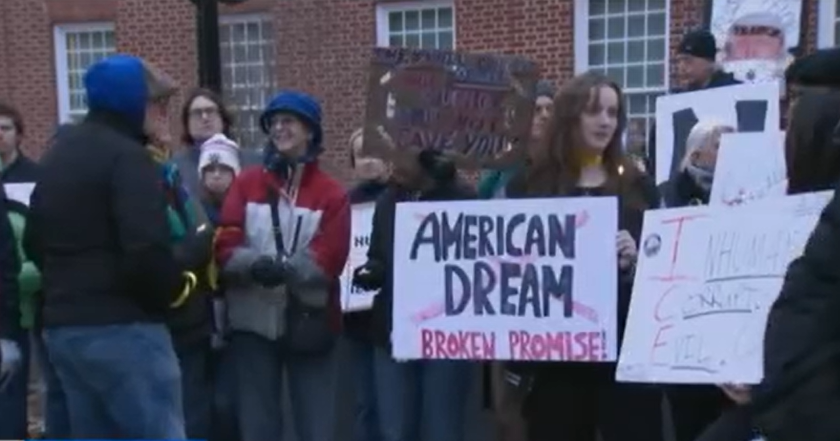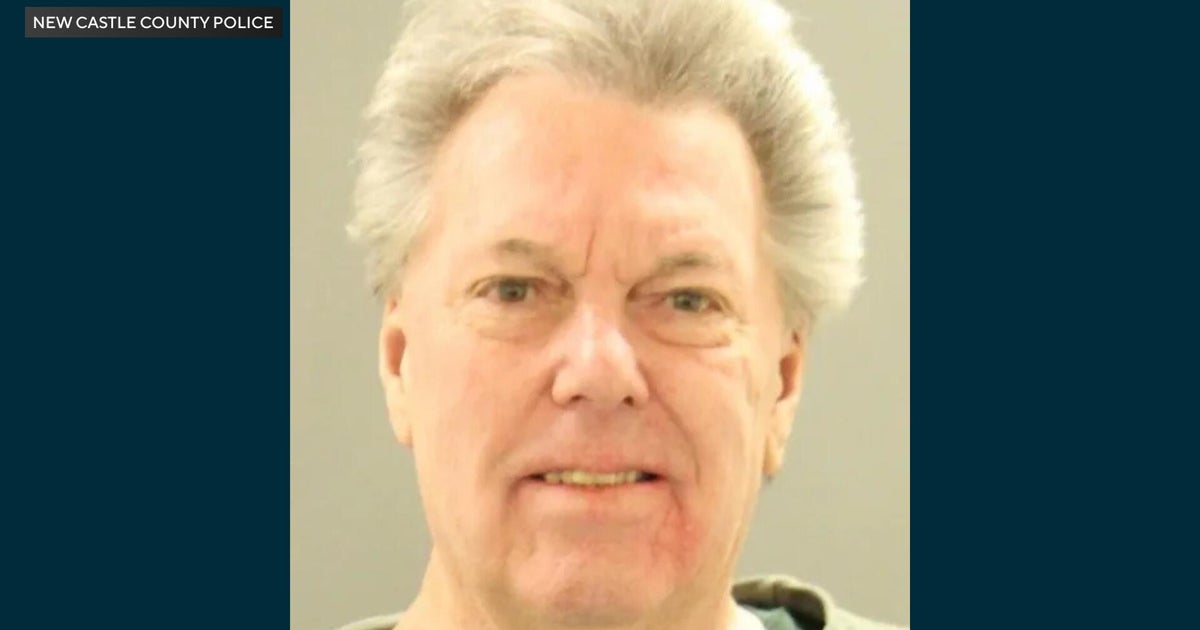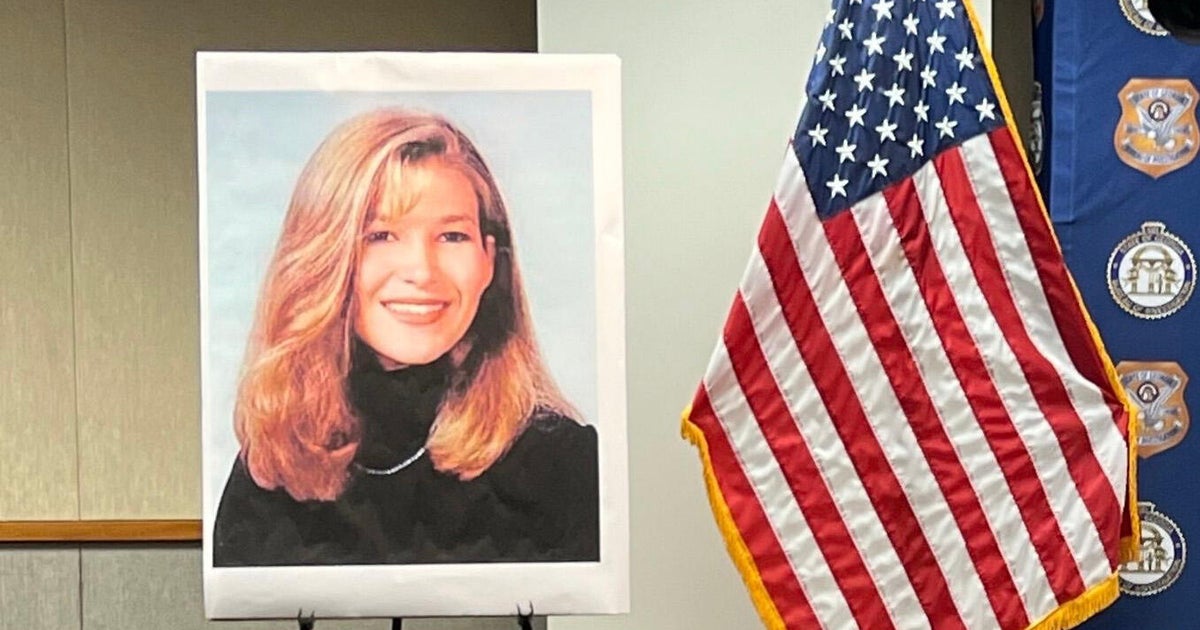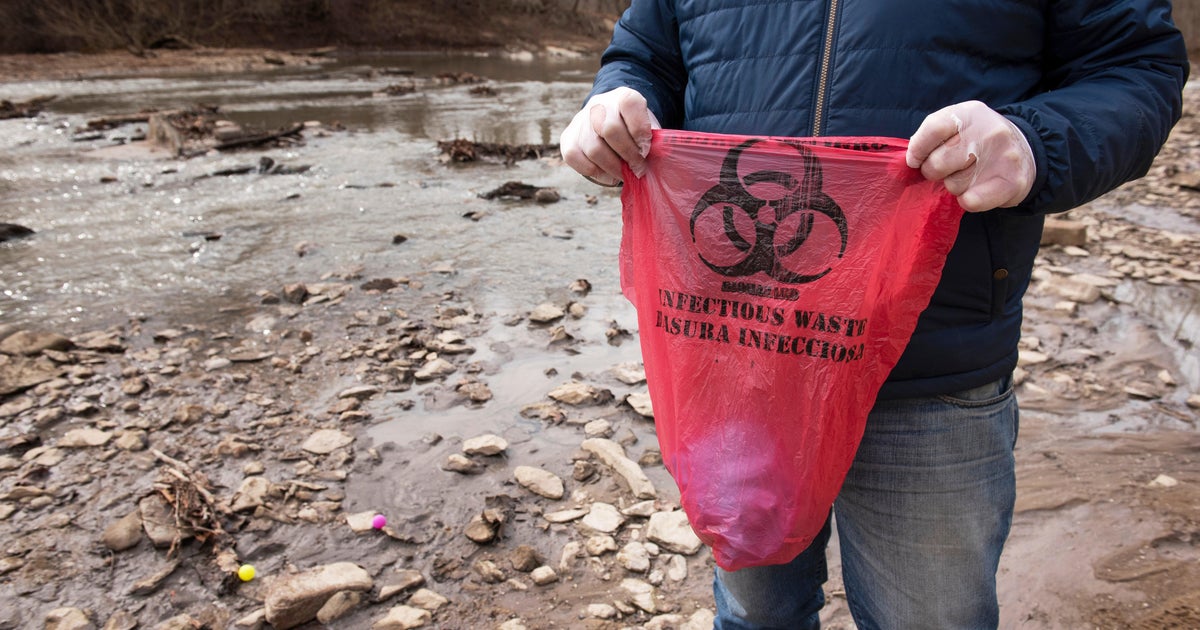Wife: Man Imprisoned In Cuba Concerned Before Trip
WASHINGTON (AP) -- An American imprisoned in Cuba since December 2009 after bringing communications equipment onto the island wanted reassurance that what he was doing was legal but was told by his company not to ask Cuban officials, the man's wife said Monday.
"If anything happens you'll be out two days. Don't worry," Judy Gross said her husband Alan was told by a co-worker when he expressed concern about the trip.
Saturday will mark two years since Alan Gross, 62, was arrested in Cuba. Since then, the former Maryland resident has been sentenced to spend 15 years in a Cuban prison, and his case has become a sticking point in talks between the two countries, which do not have diplomatic relations. Judy Gross said that in the past year she twice thought her husband might be able to return to the United States. Both times she was disappointed.
"The Cubans will say one thing one day and change their minds the next," said Gross, who had to sell the couple's home and now lives in Washington.
Gross has rarely talked about her husband's situation, giving interviews only infrequently and waiting for her husband's case to work its way through the Cuban legal process. She hired a prominent Washington litigator who advised her against saying much because of the sensitivity of the case and also because it was working through the Cuban courts. But she acknowledged Monday that staying silent "didn't work."
Gross said in an interview that her husband asked the company he was working for to contact the Cuban government to clear his work setting up Internet for the island's small Jewish community. But the company, Maryland-based Development Alternatives Inc., refused to contact Cuban officials and refused to let him contact anyone either, she said. He was told separately not to worry about the project by a co-worker, she said.
A spokesman for DAI, Steven O'Connor, said in a statement that Gross "designed, proposed, and implemented this work" for the company, which had a government contract for a democracy-building project on the Communist island. Gross was a subcontractor for the company, which had a contract financed by the U.S. Agency for International Development. The company wants to correct some of the misconceptions surrounding his work, O'Connor wrote, but "now is not the time."
Judy Gross said her husband believes he was duped by the company, a characterization O'Connor disputed. Gross called himself a "trusting fool" in Cuban court testimony released by his lawyer and said, "I was duped. I was used."
In March, the father of two was sentenced in Cuba to 15 years in prison for crimes against the state. His final appeal to Cuba's Supreme Court was denied in August, and expectations in some quarters that he might be released once the appeals process was over never materialized.
Subsequent efforts by American officials to win his release have failed.
In September, former New Mexico Gov. Bill Richardson visited Cuba and told reporters he had been invited to negotiate Gross' release. But Richardson's efforts imploded after he called Gross a hostage in one interview. Cuban officials accused him of trying to blackmail them, and he returned empty handed.
Gross said she "had a lot of hopes dashed" when Richardson was unsuccessful and that he had been very confident before going down.
"I don't fault anyone or anybody on that because I don't really know what happened," she said.
U.S. officials also reportedly tried to negotiate Gross' release by offering to let a convicted Cuban spy return home, but Cuba rebuffed the offer.
Gross said both she and her husband are now less hopeful about his release anytime soon. And she said she is worried that if President Barack Obama isn't re-elected, a Republican president may be less willing to work with Cuba to secure his release. She urged Obama to make a statement about the case, which arose just as the Obama administration was making tentative movements to ease decades of U.S. tensions with Cuba.
For now, Alan Gross is generally allowed to call his wife once a week, on Fridays. Judy Gross said she last spoke to him days ago and he sounded "more hopeless and more depressed" than before. He has lost more than 100 pounds while in Havana's maximum-security Villa Marista prison but is now gaining weight, she said, adding arthritis now makes it difficult for him to walk.
She was allowed to visit him in Cuba earlier this month, her third visit since his arrest. She said she brought chocolate chip cookies, pictures of his family, and issues of his favorite magazine, The Economist.
On Monday, Judy Gross joined about a dozen others in a demonstration calling for her husband's release in front of the Cuban Interests Section in northwest Washington, the presence Cuba maintains instead of an embassy. The weekly vigils began in September. Demonstrators promised to be there until Alan Gross returns.
(Copyright 2011 by The Associated Press. All Rights Reserved.)







